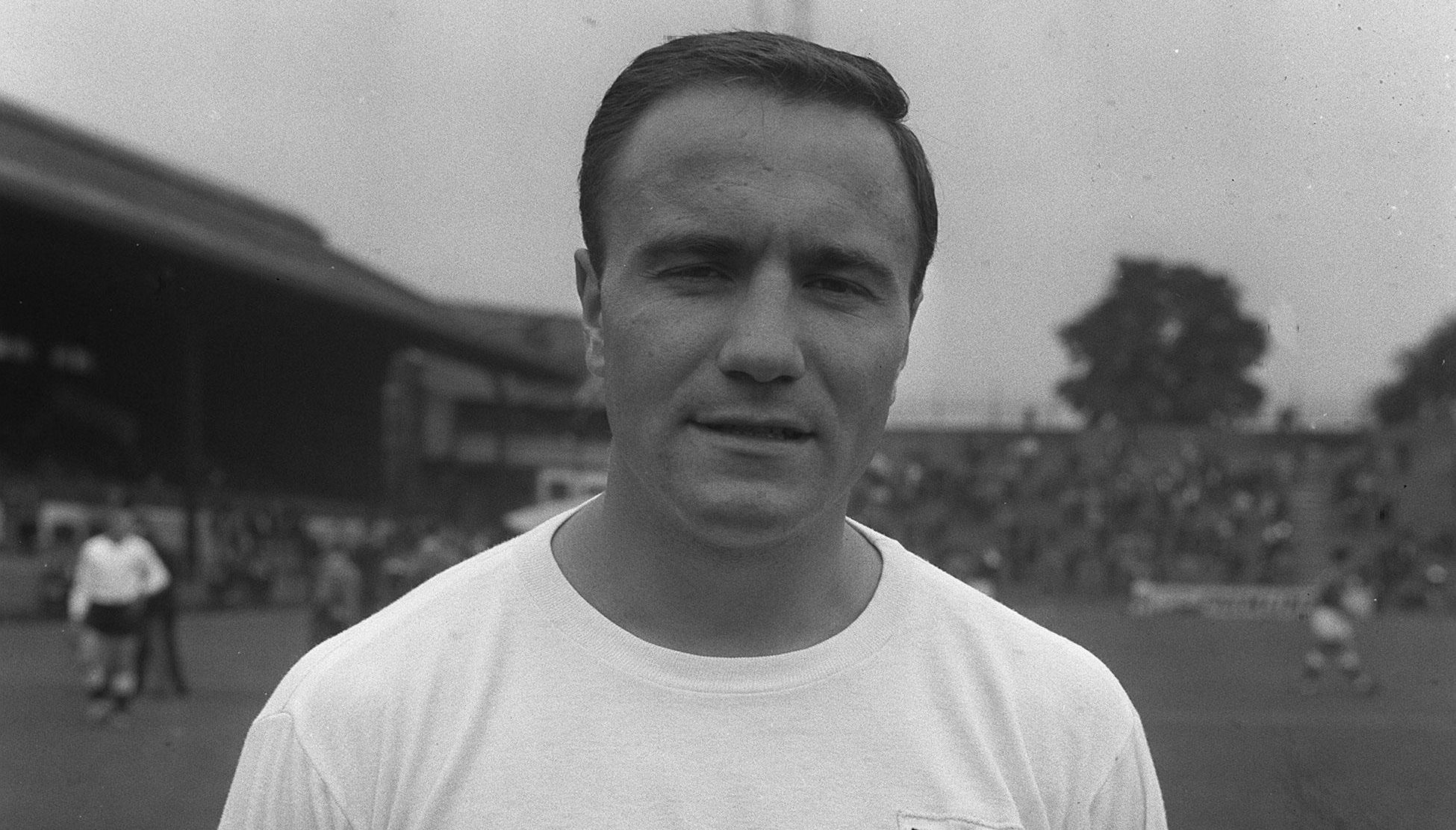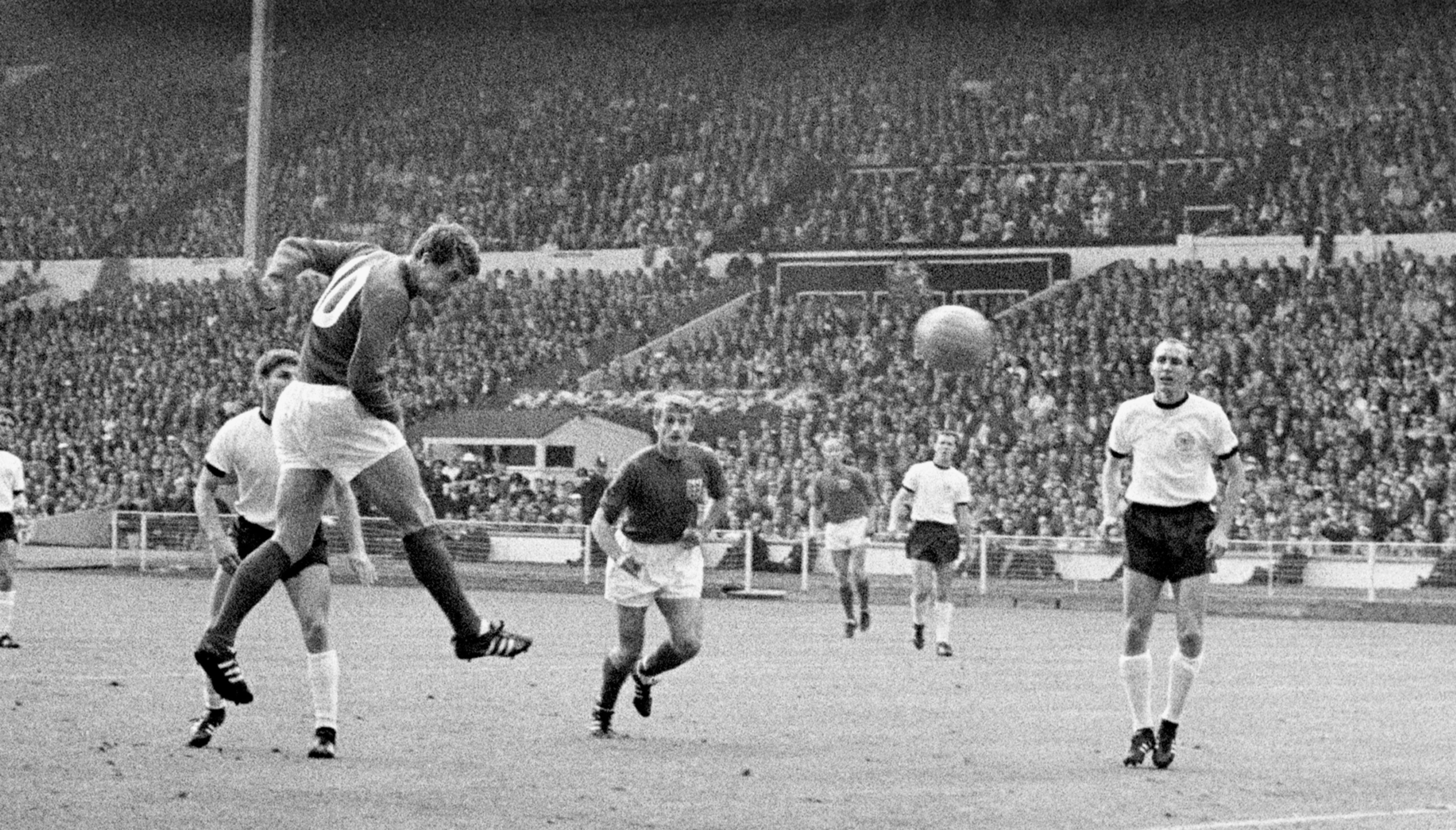George Cohen dead: England World Cup legend gone aged 83 leaving just two 1966 legends still alive

England football legend George Cohen has died aged 83 | Anthony Devlin

England footballer George Cohen has died aged 83 as tributes flood in for the 1996 World Cup legend
Don't Miss
Most Read
Latest
George Cohen, the vice-captain of England’s World Cup-winning team in 1966, has died aged 83.
He played 459 times for Fulham between 1956 and 1969 before a knee injury brought his playing career to an end at the age of just 29.
The right-back also won a total of 37 caps for his country.
Fulham wrote on their website: “Everyone at Fulham Football Club is deeply saddened to learn of the passing of one of our greatest ever players – and gentlemen – George Cohen MBE.”
George Cohen played in the 1966 World Cup
PA
Following his early exit from playing football, Cohen worked in the west London club’s hospitality suites, regaling guests with stories from his incredible career.
Cohen's death leaves just two surviving members - Bobby Charlton and Geoff Hurst - from the 1966 World Cup Wembley final.
His contribution to Fulham football club was recognised in 2016 when they announced a statue of him to be situated at Craven Cottage which was unveiled in October of that year.
Cohen's exact cause of death is currently unknown.
The football legend was born in Cassidy Road, Fulham, after the outbreak of the Second World War.
Football was a huge part of Cohen's life from a young age as half his family supported Chelsea and the other half Fulham.
He joined his local football club at Fulham Central secondary school, where he was head boy.
George Cohen was part of the team who won the World Cup in 1966
PA Photos
According to those that knew him, his speed and strength were strong traits which helped make his senior debut in a 2-1 defeat to Liverpool in March 1957, aged 17.
Cohen was a campaigner and fundraiser for research into cancer, which claimed the life of his 1966 team-mate and captain Bobby Moore, and into dementia which affected a number of the team in their later years.
The football legend said in 2017 he would be donating his brain for scientific research when he passed.












